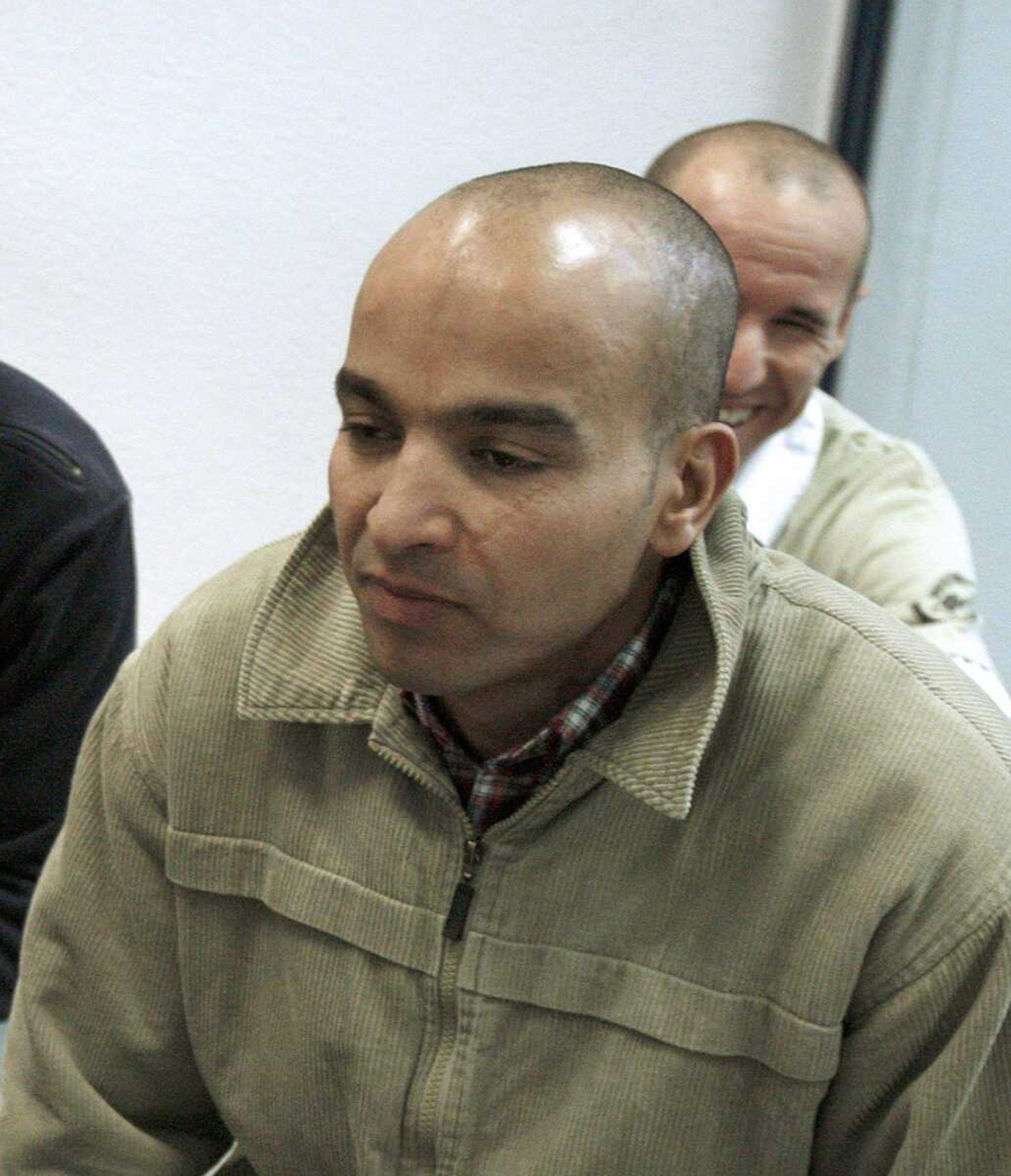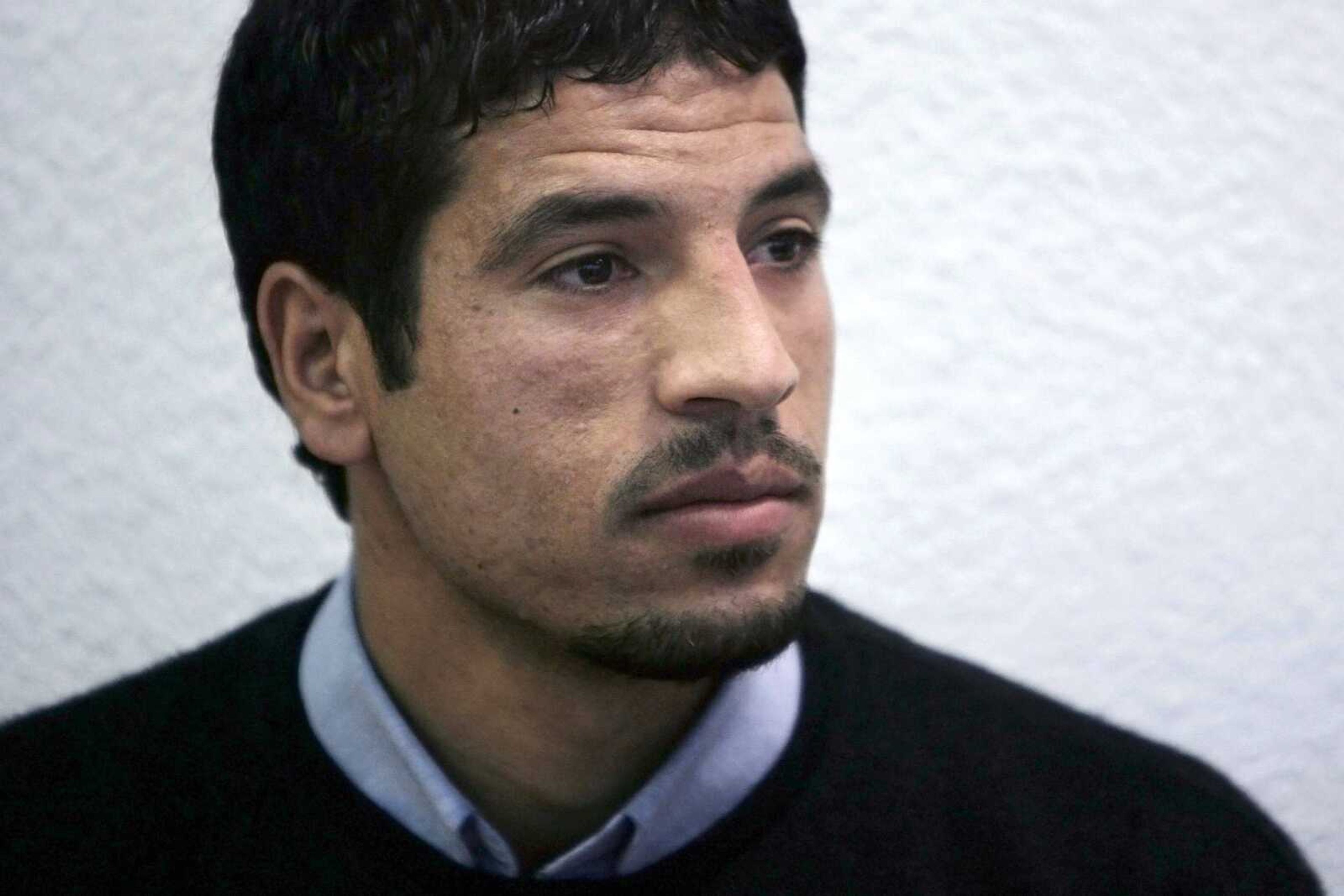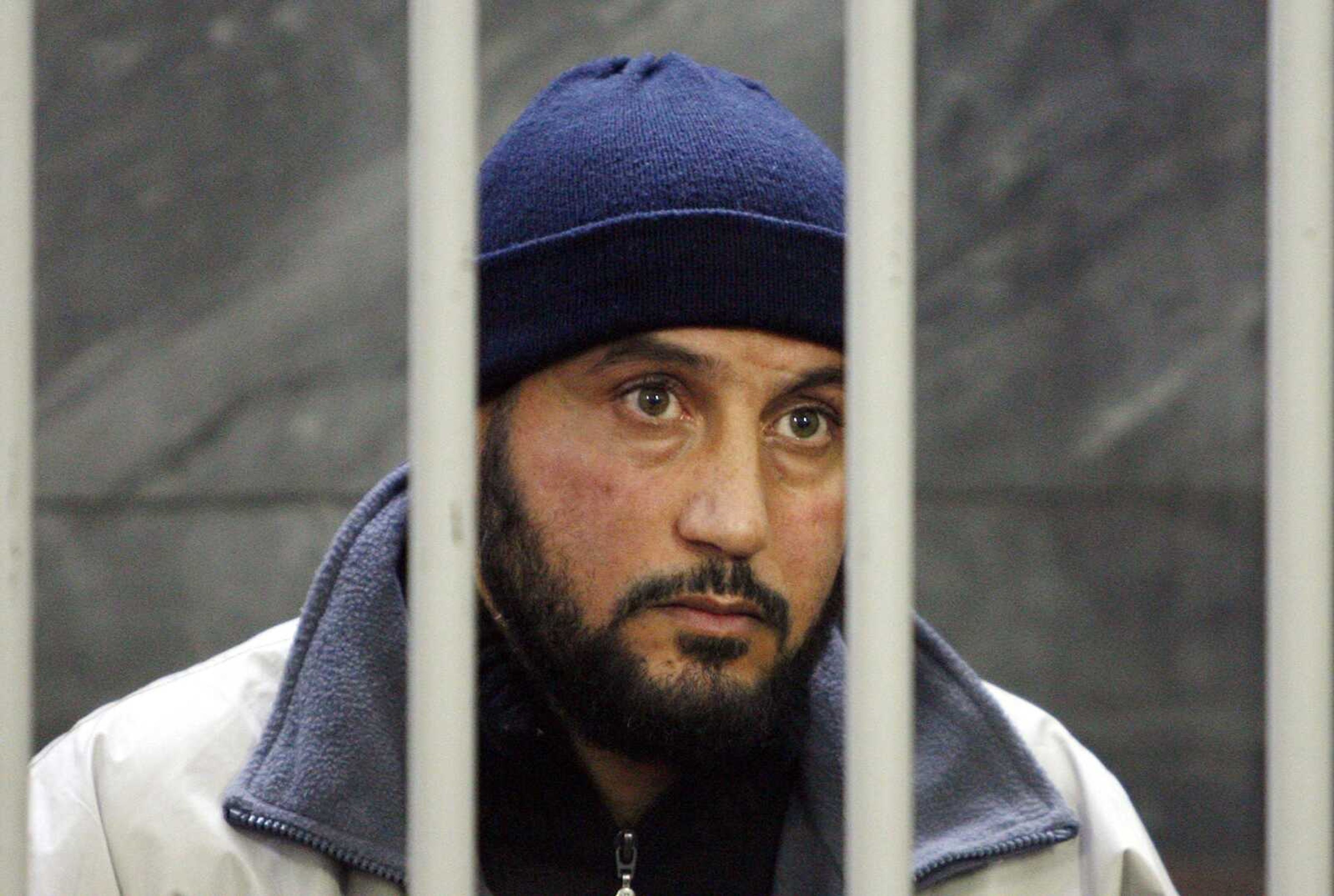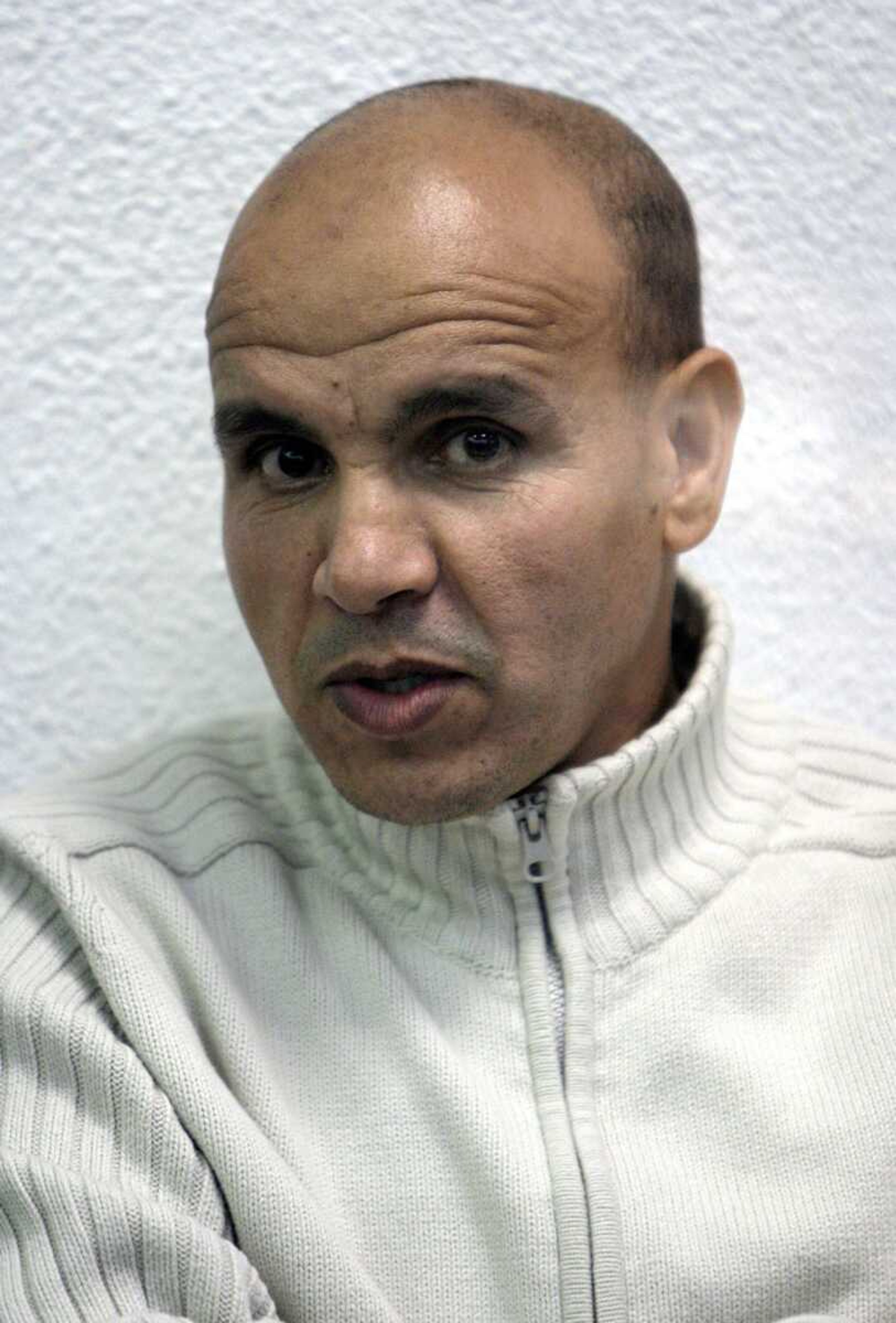Three suspects convicted of mass murder in Madrid train bombings
MADRID, Spain -- Spain's National Court convicted the three main suspects in the Madrid commuter train bombings of mass murder Wednesday and sentenced them to tens of thousands of years in prison for Europe's worst Islamic terror attack. But the verdict was a mixed bag for prosecutors, who saw four other key defendants convicted of lesser offenses and an accused ringleader acquitted altogether...
MADRID, Spain -- Spain's National Court convicted the three main suspects in the Madrid commuter train bombings of mass murder Wednesday and sentenced them to tens of thousands of years in prison for Europe's worst Islamic terror attack.
But the verdict was a mixed bag for prosecutors, who saw four other key defendants convicted of lesser offenses and an accused ringleader acquitted altogether.
With much of the case resting on circumstantial evidence, the three judges may have been wary after a number of high-profile Spanish terror cases were overturned on appeal.
Spain's prime minister said the verdict still upheld justice. But victims of the attack, which killed 191 people and wounded more than 1,800 when bombs exploded on four trains on March 11, 2004, expressed shock and sadness over the court's decision.
"The verdict seems soft to us," said Pilar Manjon, who lost her 20-year-old son in the attack and has become a leader of a victims association. "I don't like it that murderers are going free."

Three lead suspects -- Jamal Zougam and Othman Gnaoui of Morocco and Emilio Suarez Trashorras of Spain -- were convicted of murder and attempted murder and received prison sentences ranging from 34,000 to 43,000 years. Under Spanish law, the most they will spend in jail is 40 years. Spain has no death penalty or life imprisonment.
Zougam was convicted of placing at least one bomb on a train and Gnaoui of being a right-hand man of the plot's operational chief. Trashorras, who once worked as a miner, was found guilty of supplying the explosives used in the bombs.
One of the biggest surprises was the acquittal of Rabei Osman, an Egyptian already convicted and jailed in Italy for the Madrid bombings.
Italian authorities said Osman bragged in tapped Arabic-language phone conversations that he was the brains behind the Madrid plot. But translations of the taped conversations by two sets of Spanish translators indicated his comments were more nuanced and did not amount to a confession.
The Spanish verdict came just two days after an Italian appeals court upheld Osman's conviction there, but shaved two years off his prison term, sentencing him to eight years.

Osman watched the Spanish proceedings on a videoconference link from the Justice Palace in Milan. The Europa Press news agency reported he broke down in tears and shouted: "I've been absolved! I've been absolved!"
Four other top suspects -- Youssef Belhadj, Hassan el Haski, Abdelmajid Bouchar and Rafa Zouhier -- were acquitted of murder but convicted of other charges that included belonging to a terrorist organization. They received sentences of 10 to 18 years in prison.
Fourteen other defendants were found guilty of lesser crimes and six others were acquitted.
Much of the evidence in the 57-session, five-month trial was circumstantial. Bouchar, for instance, was seen on one of the bombed trains shortly before the attack, but at trial no one could definitively identify him and there were no fingerprints or other forensic evidence placing him at the scene.
A senior court official privy to the decision-making told The Associated Press after the verdict that the case against Osman was "flimsy," and that there was "no hard evidence" that Belhadj or Haski were masterminds. The official agreed to discuss the verdict only if not quoted by name.

Circumstantial evidence is admissible in Spanish trials. But the judges may have avoided relying heavily upon it because of a number of high-profile terror cases that were overturned on appeal, including one involving a Spanish cell accused of involvement in the Sept. 11, 2001, attacks on the U.S., said Fernando Reinares, until recently chief counterterrorism adviser at the Interior Ministry.
He said Spain will have to change the rules of evidence if it is to defeat extremist groups. "Islamic terrorism ... leaves a different kind of footprint" than traditional crimes, said Reinares, now head of terrorism studies at the Elcano Royal Institute, a Madrid think tank.
The trial was perhaps never going to produce the verdict some were looking for, since the seven men considered the true ringleaders of the 2004 attack were not in the dock. They blew themselves up at an apartment on the outskirts of Madrid as police moved in to arrest them three weeks after the bombings.
Three other men are still fugitives, though two are suspected of having killed themselves in suicide attacks against U.S.-led forces in Iraq.
The train bombing suspects were mostly young Muslim men who allegedly acted out of allegiance to al-Qaida to avenge the presence of Spanish troops in Iraq and Afghanistan, although Spanish investigators say the plotters acted without a direct order or financing from Osama bin Laden's terror network.
Spanish authorities had been on the group's trail in the months before the attack, but had failed to grasp what they were plotting, mistaking the coded language in tapped phone conversations as that of petty criminals arranging a drug deal.
The attack will be forever etched in Spain's collective memory, much as Sept. 11 conjures up so much pain for Americans. March 11 -- a day of hellish carnage, wailing sirens and cell phones going unanswered amid the wreckage of blackened, gutted trains -- was Spain's worst tragedy since its civil war.
It also probably toppled the government of then-Prime Minister Jose Maria Aznar, who initially blamed the Basque separatist group ETA for the bombings, even as evidence of Islamic involvement emerged.
That led to charges of a cover-up to deflect attention away from Aznar's support of the U.S. invasion of Iraq, one of the reasons the bombers gave for carrying out the attack. Aznar's Popular Party was voted out of power in elections three days after the bombings, and the victorious Socialists quickly brought the Spanish troops home.
Even since its defeat, members of the Popular Party have insisted that ETA may have played a role, but the court totally rejected that hypothesis.
Prime Minister Jose Luis Rodriguez Zapatero, the beneficiary of the political upheaval over the bombing, welcomed Wednesday's verdicts. "Justice was rendered today," he said.
"The barbarism perpetrated on March 11, 2004, has left a deep imprint of pain on our collective memory, an imprint that stays with us as a homage to the victims," he said.
---
Associated Press writers Ciaran Giles and Harold Heckle contributed to this report.
Connect with the Southeast Missourian Newsroom:
For corrections to this story or other insights for the editor, click here. To submit a letter to the editor, click here. To learn about the Southeast Missourian’s AI Policy, click here.









